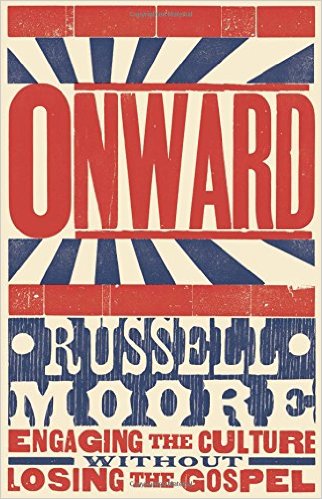 One of the long-running mistakes of the church has been its various confinements of cultural engagement to particular spheres (e.g. churchplace ministry) or selective “uses” (e.g. evangelistic conversion).
One of the long-running mistakes of the church has been its various confinements of cultural engagement to particular spheres (e.g. churchplace ministry) or selective “uses” (e.g. evangelistic conversion).
But even if we manage to broaden the scope of our stewardship — recognizing that God has called us to pursue truth, goodness, and beauty across all spheres of creation — our imaginations will still require a strong injection of the transformative power of Jesus.
When we seek God first and neighbor second, we no longer proceed from the base assumptions of earthbound goods — the “love of man” what-have-you. Yes, our goals and actions will occasionally find overlap with those of the world, but eventually, the upside-down economics of the Gospel will set us apart. We will do certain things and make certain sacrifices that are foreign and incomprehensible to those around us.
This has implications for all areas, but much of it boils down to our basic views about the human person: his and her dignity and destiny as an image-bearer of an almighty God. Once our hearts are transformed according to his designs and our views about our neighbors are aligned to God’s story about his children, our cultural engagement will manifest in unpredictable and mysterious ways. This is, after all, what it means to be strangers in a strange land, as Episode 1 of For the Life of the World artfully explains.
In his latest book, Onward: Engaging the Culture without Losing the Gospel, Russell Moore offers some valuable reflections along these lines, noting that we can’t possibly stand as witnesses of God’s love if our cultural comings and goings fail to respond through the lens of Christ’s kingdom. “The kingdom of God changes the culture of the church by showing us a longer view of who’s important and who’s in charge,” he writes.
What cultural engagement really requires, then, is a careful destruction of that basic lie the enemy continues to spread and embed across societies and civilizations: that the love of man and the worship of his goals is, indeed, enough.
As Moore explains, this “incipient Darwinism” can be seen all around us, and we as Christians must be quick to put it in its place:
The kingdom of God turns the Darwinist narrative of the survival of the fittest upside down (Acts 17:6-7). When the church honors and cares for the vulnerable among us, we are not showing charity. We are simply recognizing the way the world really works, at least in the long run. The child with Down Syndrome on the fifth row from the back in your church, he’s not a “ministry project.” He’s a future king of the universe. The immigrant woman who scrubs toilets every day on hands and knees, and can barely speak enough English to sing along with your praise choruses, she’s not a problem to be solved. She’s a future queen of the cosmos, a joint-heir with Christ.
The most important cultural witness the church has is not, first of all, to raise up Christian filmmakers and novelists and artists and business leaders and politicians, although we ought to work to disciple those in all sorts of callings, and encourage them. The most important cultural task we have is to crucify our incipient Darwinism, in which the leaders on the inside of the kingdom colony are the same as they would be on the outside, even if there were no God in the universe. The first step to cultural influence is not to contextualize the present, but to contextualize to the future, and the future is awfully strange, even to us.
I’ve written before on how Christian might absorb this reality as it relates to the world of creative service (e.g. 1, 2, 3, 4, 5, 6), and indeed, the workplace is a primary arena for demonstrating the transformative power of Christ’s love. Christian employees, entrepreneurs, executives, and business owners have a distinct opportunity to challenge distorted human constraints on a day-to-day basis, showing that what others may see as a “disability” in the here and now may very well be a certain foretaste of a rather glorious not yet.
But this fundamental orientation has implications for every other corner of culture, as well, from the family to the neighborhood to the theater to the school to the halls of government to the subsequent scepters of authority.
Rather than cowering from the strangeness of that future, we should delight in its beauty. And far from acting out of fear or toward blind accommodation, we can have confidence that such beauty and joy — strange though it may be — is more than sufficient to enchant the world around us.

